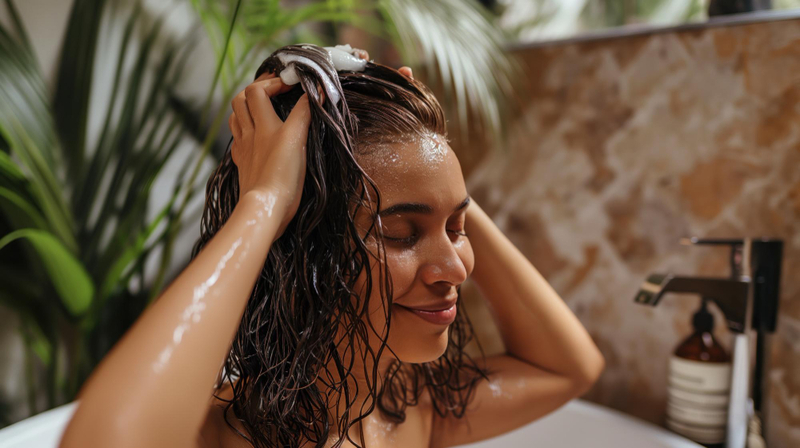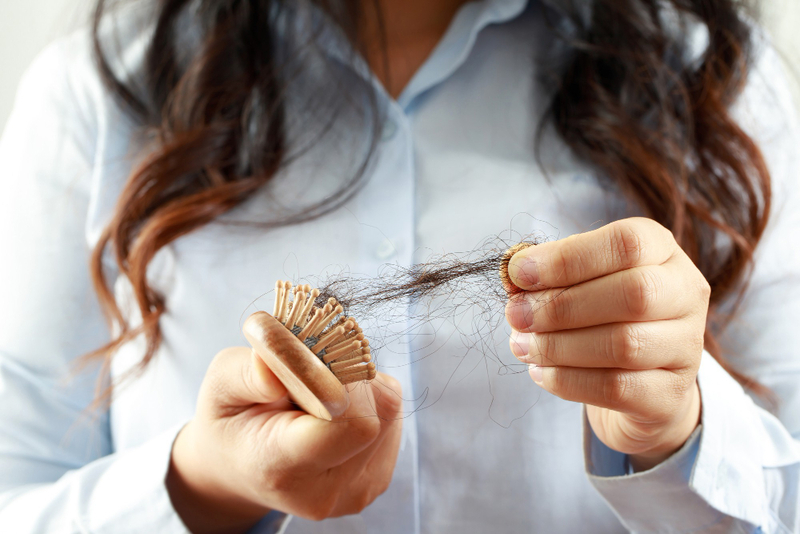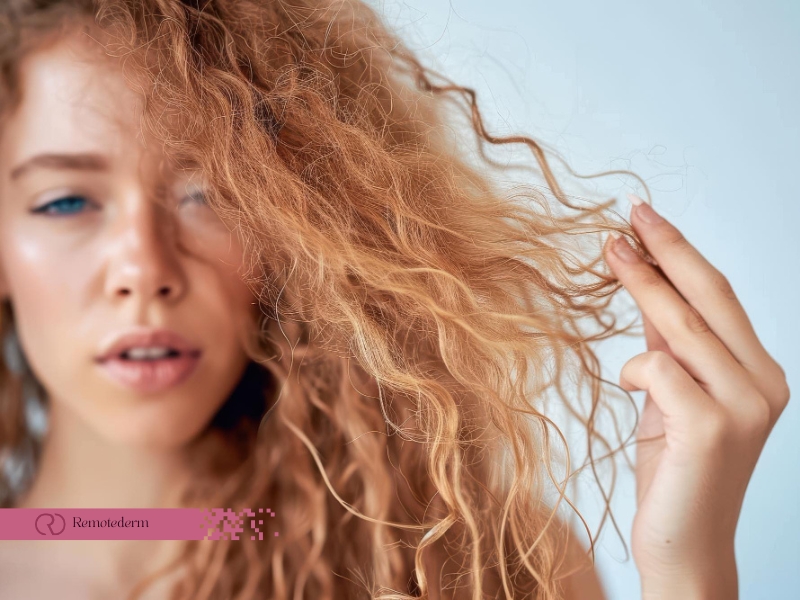Rough and thicker than the average texture, coarse hair has to be dealt with more careful and complicated treatment but can still be tamed with the correct schedule. Definition coarse hair literally means in this post explain how it is different from the other types and give tips for good maintenance.
What is Coarse Hair?
Among other types of hair, coarse hair actually means a single strand that is thicker and much larger in surface area compared to the average fine or medium type of hair. The hair can be rough and the texture of it will be such that it will be more than the number of strands you will normally expect:
- Coarse Hair Meaning: The expression majorly implies that the hair strand is thicker than average, resulting in a coarser and more textured feel.
- Typical Characteristics of Coarse Hair:
- Coarser and thicker elements
- Usually appears more thirsty
- More likely to be the reason for frizz
- More moisture may be necessary for the condition
In Canada, where the climate can change surprisingly between provinces, the coarse hair can be influenced not only by the weather but also by external factors like cold winters and humid summers.
Causes of Coarse Hair
There are numerous ways to explain the coarse hair phenomenon. It can be hereditary, or the environmental changes may be the reason for the hair getting rougher with time:
- Genetics: The stuff of hair is widely known to be a family trait. If one of your parents has coarse hair, there is a high possibility that you will also have it.
- Environmental Factors: The climate and weather, particularly in Canada, have a decisive impact on how coarse hair is. The chillier and windier days even make your hair more abrasive and fragile.
- Aging: With age, hair may undergo a change in its texture, usually being coarsening or becoming brittle over time.
- Hair Treatments: Chemical treatments, including dyeing, perming, and the use of harsh styling products, have also been associated with the long-term coarsening effect of hair.
How to Care for Coarse Hair

Ensuring the well-being of coarse hair is more difficult; Therefore, it needs a little more hydration and nourishment. Here are a few tips to maintain the health of coarse hair:
1. Moisturizing Regularly
Coarse hair is often dry as it has more difficulties struggling to obtain the necessary moisture than the finer ones. To overcome this, the weekly use of deep conditioning treatments, sulfate-free shampoos, and conditioners that help to keep natural oils, and leave-in conditioners that restrict moisture loss are necessary.
2. Avoid Heat Styling
In case heat styling is a must, first of all, always use the protective spray, then whenever possible, prefer the air drying technique not to overload your hair with damage.
3. Detangle Gently
Coarse hair that has a natural texture can easily tangle, and if you brush it too hard, it may break. To defend against this, first use a wide-tooth comb on detangling hair that is wet, beginning at the ends and gradually moving to the top to make the process quicker and reduce pulling and damage.
4. Oil Treatments
Oily hair that has coarse texture is often dry and thus oil treatments are a good way to bring back its moisture content. Besides good results with coconut and olive oil, argan oil has also proven to be useful.
Hair Care Tips for Coarse-Haired Individuals
Taking the time to learn how to care for your coarse hair can make a big difference in its appearance and feel. Here are some additional hair care tips:
- Choose the Right Products: Look for products that are scientifically created for coarse or curly hair. Often have a greater concentration of moisture in substances, which is critical for coarse hair.
- Use Satin or Silk Pillowcases: On the other hand, I would say that the matte finishes create less friction but may create additional warmth, which can make sleeping uncomfortable. Because of this, you need to have pillowcases that are made from either satin or silk and are designed to be very smooth for your hair.
- Trim Regularly: Coarse hair has the tendency to split at the ends thus begetting frizz. This is achieved by regular trims, which also help to maintain the health of the hair.
The Link Between Coarse Hair and Hair Loss

Coarse hair people may notice that they are losing more hair than before. Hair loss may result from many reasons, including heredity, stress, or some underlying medical problems. Nevertheless, if you notice your hair is falling out a lot, the next thing you should do is contact a certified specialist, especially a specialist who is experienced in hair loss dermatology in Canada.
- Hair Loss Causes in Coarse-Haired Individuals:
- Heat and chemical injuries
- Stress and hormonal change
- The lack of nutritious substances
- Old age
A professional of hair loss dermatology in Canada will be able to diagnose and treat any problems that may be contributing to hair loss by ruling out other conditions.
Final Thoughts
Caring for coarse hair is quite difficult. However, given the proper routine, you will be able to keep your hair healthy and vibrant. Regular moisturizing, keeping the principles of gentle detangling in mind, and limiting the use of heat styling tools will definitely help. If you notice the hair is thinning or other problems arise, consult a hair loss specialist.
FAQs
Can coarse hair turn fine over the years?
It is true; hair texture can be altered by such factors as aging, hormonal fluctuations, or considerable weight loss.
Is coarse hair the main cause of dandruff?
Coarse hair is not necessarily a major cause of dandruff, but dry scalps, which are usually associated with coarse hair, can be a factor to the problem.
Can we make coarse hair straight without damage?
Of course, if you follow proper heat protection and limited heating styling tools, coarse hair can be straightened without major damage.
Does thick hair need to be washed more often?
Coarse hair is generally drier, thus it does not require more frequent washing than fine or oily hair types. Otherwise, an excess of oil is removed from the hair and it becomes too dry.
